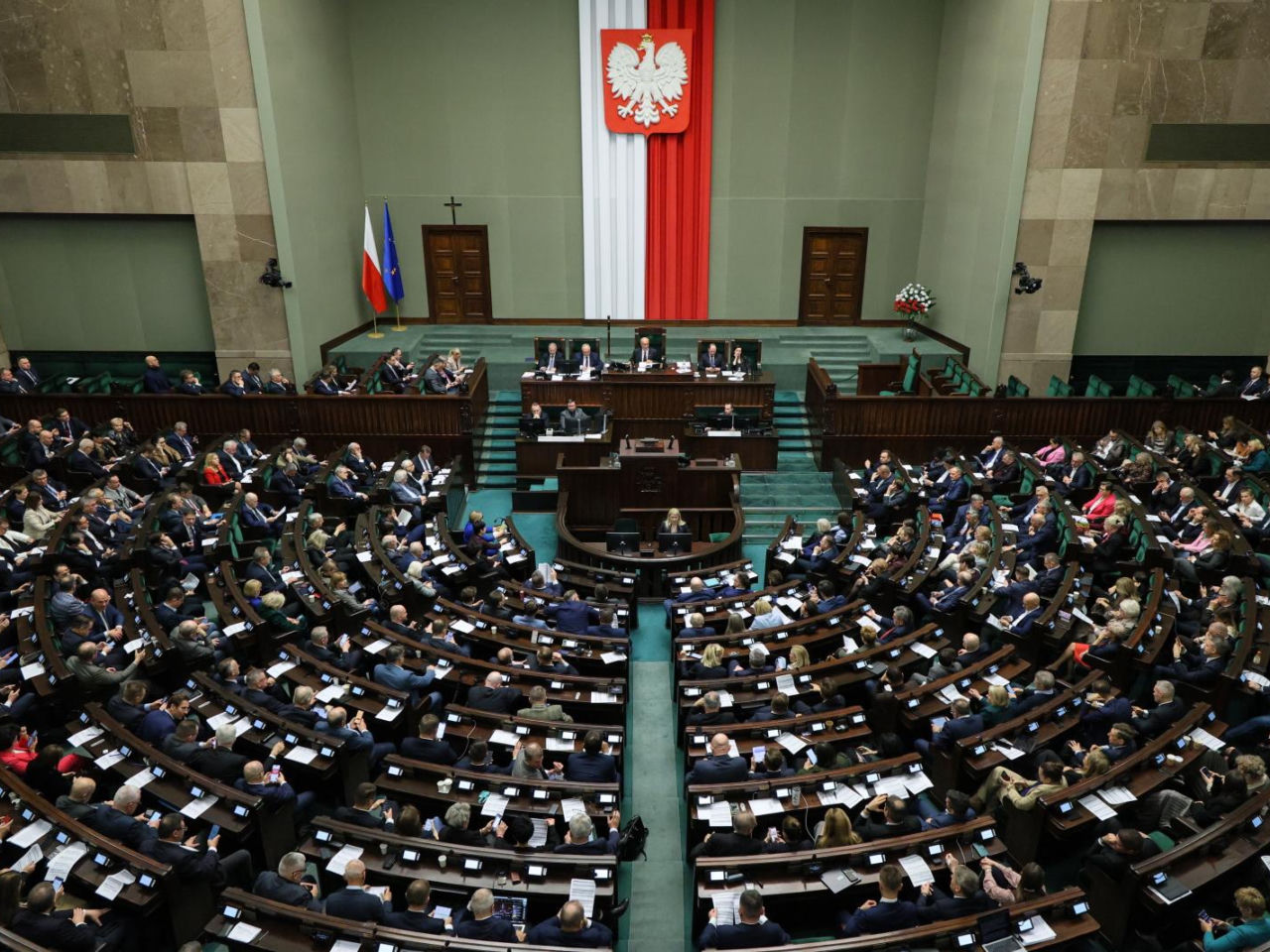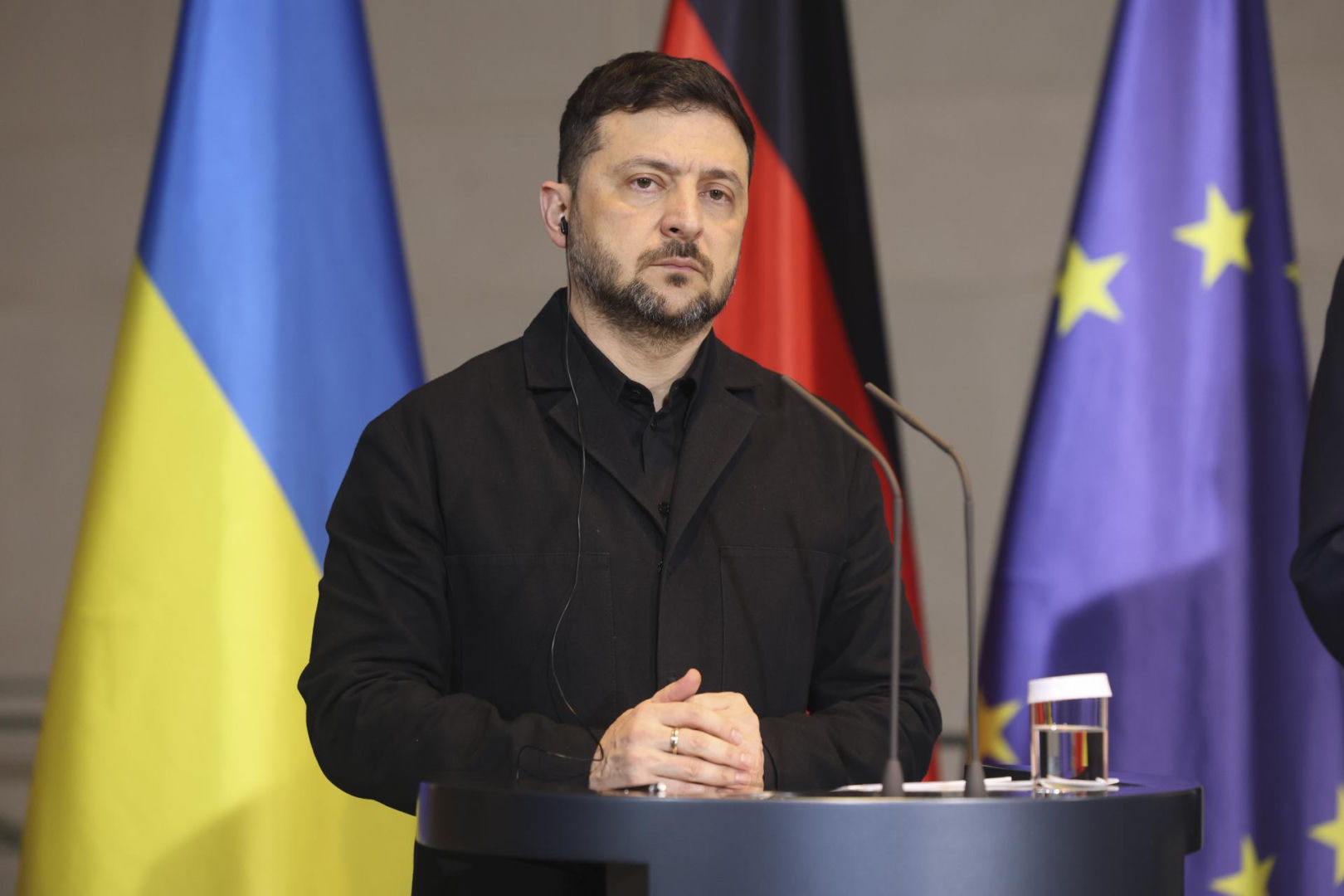Польша и другие страны Центральной Европы, включая Венгрию, Чехию и Словакию, имеют структурное преимущество, которого нет у многих президентских республик, особенно на востоке, таких как Беларусь, Россия и Украина. Несмотря на политическую турбулентность последних двух десятилетий, включая рост полуавторитарных, популистских движений в 2000-х и 2010-х годах, эти страны извлекают выгоду из парламентских систем, которые обеспечивают большую гибкость и механизмы подотчетности по сравнению с президентскими системами.
Гибкость и подотчетность руководства в парламентских системах
Одной из сильных сторон парламентских систем является их способность быстро адаптироваться к меняющимся политическим обстоятельствам. Регулярные парламентские выборы, в сочетании с возможностью досрочных выборов, обеспечивают реакцию, которой не хватает президентским системам. В Центральной Европе это позволяет правительствам быстро реагировать на политические кризисы, не будучи привязанными к жестким многолетним президентским срокам. Например, во времена внутреннего раскола или общественного недовольства вотум недоверия может быстро устранить неэффективных лидеров и спровоцировать новые выборы, создавая более текущую и динамичную политическую среду.
Напротив, президентские системы, такие как в Беларуси и России, обычно предоставляют главе государства фиксированные сроки пребывания в должности, что затрудняет замену неэффективных или непопулярных лидеров между выборами. Эта жесткость может сосредоточить власть в руках одного человека, увеличивая риск персонифицированной формы авторитарного правления. Парламентские системы Центральной Европы, обеспечивая изменения в руководстве посредством законодательных процессов, снижают этот риск, предотвращая неконтролируемое накопление власти в одном офисе.
Европейская парламентская традиция: стабильность и адаптация
Принятие парламентских систем в Центральной и Восточной Европе имеет глубокие корни в политической эволюции Европы. После краха имперских и монархических режимов после Первой мировой войны многие европейские страны, включая недавно созданные государства, такие как Польша и Чехословакия, приняли парламентское управление. Эта модель правительства, полученная из Вестминстерской системы Соединенного Королевства, оказалась устойчивой на большей части Европы, позволяя проводить более широкие проверки исполнительной власти и способствуя созданию коалиции в законодательных органах. Вальтер Бейджхот, известный британский политический аналитик 19-го века, подчеркнул важность этих проверок, особенно в обеспечении того, чтобы правительства оставались подотчетными и адаптируемыми.
Даже перед лицом авторитарных движений в межвоенный период сохранилась парламентская традиция Европы. Хотя фашистские режимы в таких странах, как Италия и Германия, временно нарушили парламентское управление, восстановление, наблюдаемое в период холодной войны после Второй мировой войны, привело к восстановлению парламентских систем во многих частях Европы. В Центральной и Восточной Европе постсоветские переходные периоды 1990-х годов еще больше укрепили ценность парламентских структур в качестве гарантий против централизованного авторитарного правления.
Успех парламентских систем в Западной Европе, таких как в странах Бенилюкса, Германии и Скандинавии, послужил ключевой моделью для Центральной Европы после холодной войны.Испания, Португалия и Греция восстановили парламентское управление в 1970-х годах, еще раз продемонстрировав его стабилизирующую роль. Несмотря на частые крахи правительства Италии, ее парламентская система, как и в Великобритании, Ирландии, Австрии и Швейцарии, продемонстрировала значительную степень демократической устойчивости. Эти примеры повлияли не только на Польшу, Венгрию и Чехию в 1990-х годах, но и на переходный период на Балканах, где такие страны, как Болгария, Румыния и даже постюгославские страны, такие как Хорватия и Сербия, приняли парламентские рамки, жизненно важные для их демократической консолидации.
Авторитарный дрейф в президентских системах: европейская перспектива
Напротив, многие постсоветские государства, принявшие президентские системы, такие как Россия, Белоруссия и республики Центральной Азии, стали свидетелями дрейфа к авторитаризму с 1990-х и 2000-х годов. Президентские системы часто позволяют лидерам централизовать власть через расширенные сроки и контроль над исполнительными аппаратами. Например, российская президентская модель позволила Владимиру Путину закрепиться у власти посредством конституционных реформ и политических манипуляций. Отсутствие значимого законодательного надзора в президентских системах усугубляет эти тенденции, позволяя лидерам оттеснять парламенты и расширять свое правление с меньшим количеством институциональных проверок.
Беларусь является еще одним наглядным примером такого дрейфа. С 1994 года Александр Лукашенко сохранил власть через высокоцентрализованную президентскую систему, подавляя оппозицию и манипулируя выборами, чтобы остаться на своем посту. В этих условиях отсутствие механизмов парламентской подотчетности привело к укоренившемуся персоналистскому правлению.
Напротив, даже там, где полуавторитарный популизм и нелиберализм укоренились в Центральной Европе, например, в Венгрии при Викторе Орбане и в меньшей степени в Польше при Партии закона и справедливости (ПиС), парламентские системы все еще оказывали институциональное сопротивление. Например, в то время как Орбан изменил венгерскую политику через свою собственную, часто персонифицированную версию популистской риторики, парламентская система Венгрии теоретически предоставляет возможности для будущей политической оппозиции бросить вызов его власти через выборы и вотум недоверия, даже если эта система находится под напряжением. Эта адаптивность гораздо более ограничена в президентских системах, где исполнительную власть труднее вытеснить.
Полуавторитарный популизм и нелиберализм в Центральной Европе: парламентский вызов
Популистская волна, которая вспыхнула в Центральной Европе в последние десятилетия (на примере таких лидеров, как Орбан в Венгрии и Ярослав Качиньский в Польше), проверила устойчивость парламентских систем. В то время как эти движения воспользовались законными опасениями или обидами в отношении экономического неолиберализма и глобализации, особенно в контексте постсоветской сферы, где недовольство реформами после холодной войны глубоко, их авторитарные тенденции часто выходили за разумные границы. Парламентские рамки в этих странах, хотя и находятся в напряженном состоянии, по-прежнему предлагают сдержки и противовесы, которые препятствуют полной концентрации власти в руках какого-либо одного человека или партии.
В Венгрии, например, несмотря на то, что Орбан консолидировал значительный контроль, его партия Фидес по-прежнему должна ориентироваться в сложностях парламентских процедур, коалиционного строительства и законодательного надзора. Бывшее польское правительство ПиС во главе с Качиньским также столкнулось с сопротивлением со стороны как внутренних, так и европейских институтов, несмотря на его популистскую повестку дня. В обоих случаях парламентская система предлагает институциональный противовес, который труднее найти в президентских системах, где исполнительные лидеры часто действуют с меньшей прямой подотчетностью законодательному органу.
Даже в рамках Европейского союза влияние парламентского управления может сыграть роль в смягчении авторитарных импульсов. Не без собственных демократических дефицитов и других существенных недостатков, таких как неизбранный характер Европейской комиссии и проблемы, связанные с финансовой централизацией еврозоны, парламентское управление ЕС имеет заметные сильные стороны. Его институты, основанные на принципах контроля за исполнительной властью и обсуждениями, обеспечивают более широкие рамки подотчетности для государств-членов. Эта система внешнего надзора добавляет еще один уровень защиты от авторитарного дрейфа, наблюдаемого в более изолированных президентских республиках.
Постсоветские сравнения: уроки из Центральной Азии и за ее пределами
При сравнении парламентских систем Центральной Европы с президентскими системами постсоветских республик, таких как Казахстан, Узбекистан и Туркменистан, различия становятся еще более резкими. В этих странах лидеры использовали президентскую модель для закрепления своего правления, часто на протяжении десятилетий. Конституционные изменения, манипулирование выборами и подавление политической оппозиции стали отличительными чертами этих режимов. Отсутствие механизмов парламентской подотчетности в таких государствах создает условия для долгосрочного авторитаризма, где политические изменения возможны только революционными средствами, а не демократическими процессами.
Украина предлагает интересный средний случай. С момента обретения независимости в 1991 году Украина колебалась между парламентской и президентской моделями, что привело к созданию гибридной системы. Эта система временами затрудняла управление из-за противоречивых интересов парламента и президентства. Однако недавняя борьба Украины за демократию, особенно после революции Евромайдана 2014 года и вторжения России 2022 года, подчеркивает важность парламентских проверок президентской власти. По мере того, как Украина продолжает преодолевать свои политические вызовы, парламентские элементы ее системы могут оказаться критически важными в ее усилиях по стабилизации, демократизации и противодействию внешним угрозам.
Случай парламентской устойчивости в Центральной Европе
Опыт Центральной Европы в отношении парламентских систем подчеркивает их ценность как инструмента поддержания демократической подотчетности и стабильности. В то время как популизм и нелиберализм создают значительные проблемы, парламентские структуры предлагают механизмы для смягчения авторитарных тенденций, гарантируя, что ни один лидер не может консолидировать уровень власти, который является неконтролируемым по своей природе. Способность проводить досрочные выборы, устранять лидеров путем вотума недоверия и требовать большей законодательной подотчетности являются ключевыми преимуществами, которых часто не хватает президентским системам.
По мере того, как Центральная и Восточная Европа продолжают развиваться в политическом плане, парламентская модель остается жизненно важной гарантией от дрейфа к авторитаризму, наблюдаемого во многих президентских республиках. Хотя парламентские системы не защищены от вызовов, их гибкость и встроенные сдержки и противовесы обеспечивают лучшую основу для поддержания демократического управления в эпоху растущей политической нестабильности.
Стюарт Фелтис Является интернационалистом и стратегическим консультантом, в настоящее время проживающим во Франкфурте, Германия, специализирующимся на европейских и панамериканских делах.
Пожалуйста, поддержите Новая Восточная Европа краудфандинговая кампания. Пожертвуйте, нажав на кнопку ниже.








